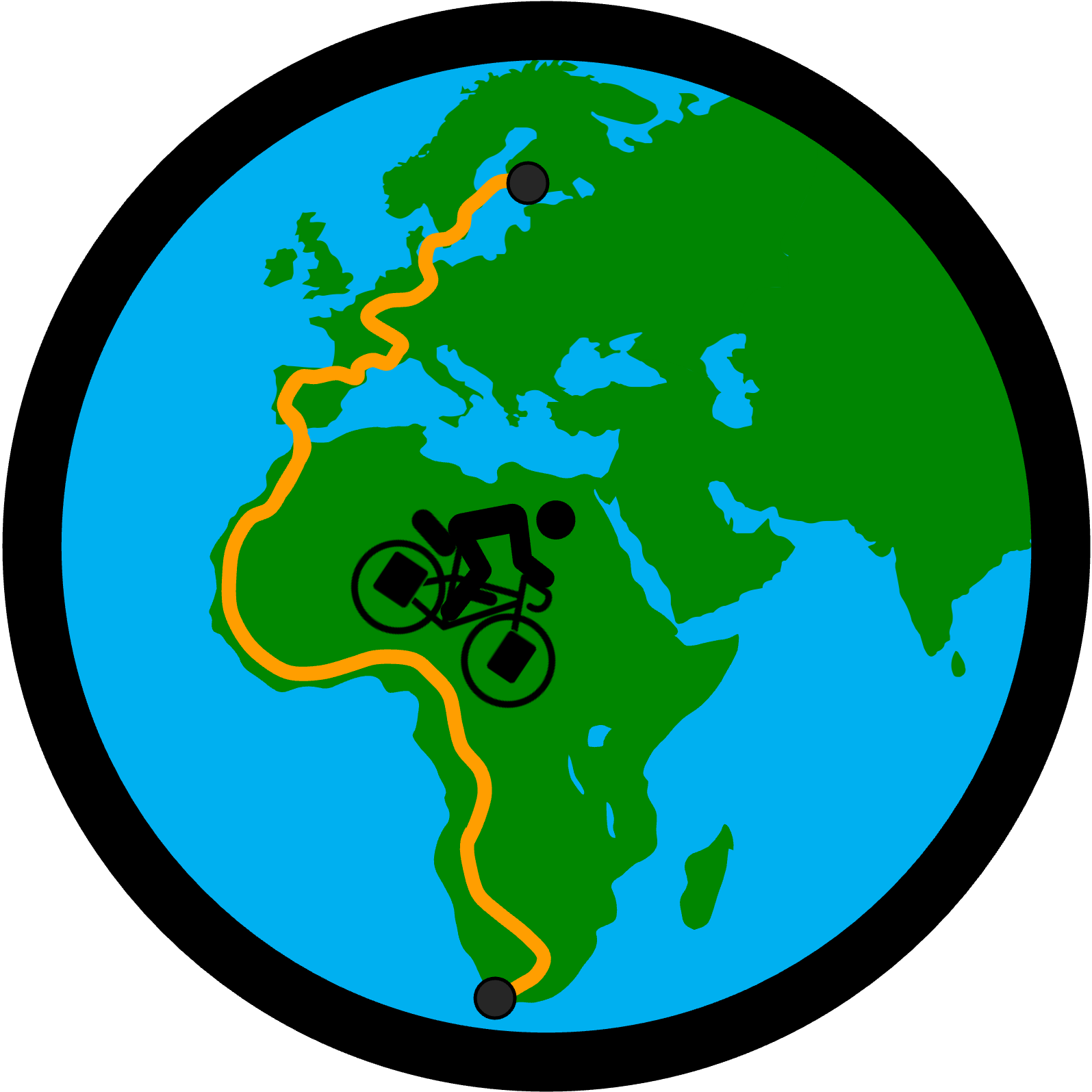During my ride through Copenhagen, I had the pleasure to meet with LOBPA, the nationwide member organization for people with disabilities who use personal assistance in Denmark. LOBPA is also a non-profit personal assistance provider for approximately 400 people with disabilities around Denmark (similar operational model to the Swedish organizations JAG and STIL that I met in Stockholm). LOBPA was founded in 2009 by people with disabilities, and continues to be member-led, with disabled people who use personal assistance themselves at the helm of the organization. LOBPA is proud to be Denmark’s largest non-profit personal assistance provider, ensuring all money made is used to support the organization and advance the interests and improve the lives of personal assistance users in Denmark as well as benefit LOBPA members through organizing events, sharing podcasts (LOBPA has its own podcast called “frit liv” about living a free life as a disabled person with personal assistance, and acts as a knowledge-sharing and peer support platform), providing educational courses and legislative support, etc. LOBPA’s philosophy is all about enabling each member with personal assistance to be their own supervisor, and LOBPA handles the finance, accounting, law, and all administrative elements of personal assistance in order to give the person with disabilities the freedom to focus on taking control and choice over their own lives. In LOBPA’s words: “We fight for the right to live an independent life on your own terms – regardless of disability.”

Thank you Jesper for meeting with me and telling me about LOBPA’s important work
LOBPA’s offices are located in the Handicaporganisationernes Hus, a little outside of Copenhagen, which I learned is the most accessible building in the world. The building was designed and built specifically to house organizations doing work within the disability field, and people with disabilities were involved in planning and constructing the building throughout the entire process. Perhaps most strikingly and importantly, the Handicaporganisationernes Hus was not any more expensive to build than any modern office building of similar size, showing how, if accessibility is integrated in the planning and construction processes from the beginning, and people with disabilities are listened to, and included in the process, then making buildings accessible does not add any additional financial cost, and instead benefits everyone who uses the building. Additionally, having so many disability organizations under the same roof allows for an abundance of collaboration and discussion that helps the diverse organizations learn from each other and find consensus in how to tackle shared issues and areas of interest.



The Handicaporganisationernes Hus, the most accessible building in the world!
As Denmark’s interest organization for personal assistance users, LOBPA also does important disability advocacy, working to improve the situation for people with disabilities by presenting in front of parliament and advising parliament members to ensure policies benefit rather than neglect or exclude people with disabilities. Unfortunately, the personal assistance and independent living situation in Denmark has been declining over the past years. Denmark’s broad social services act leaves a lot up to each municipality to decide how to deliver and provide personal assistance and who gets accepted or rejected. As Denmark has 98 municipalities, this leads to 98 different ways in which personal assistance is handled throughout the country, with many municipalities placing challenging barriers to receiving adequate personal assistance as a disabled person. Many people with disabilities in Denmark do not move often, because they are afraid of losing their personal assistance and benefits when moving to a new region of the country. Importantly, this restricts disabled peoples’ freedom of movement and takes away a significant part of their choice and control to live where and how they want. I learned that there are around 2,200 people with disabilities using personal assistance in Denmark, which is a relatively small proportion of the 6-million population of the country, which makes discussion of personal assistance and disability issues a not very “sexy” topic, and politicians often choose to focus on issues that are more visible for a larger proportion of people across the country, such as education or the economy. LOBPA is working hard to change this, to try to get disability issues and personal assistance to be an important area of discussion and policy-development for politicians and decision-makers, as LOBPA recognizes that unless decision-makers are brought to the table and also begin to care about these issues, the situation for people with disabilities will continue to decline. In fact, the declining independent living situation is a shared theme across the Nordic organizations I’ve met with, but it was encouraging to hear that LOBPA, JAG, STIL, ILI, Kynnys, and other Nordic independent living organizations are actively collaborating to fight the decline in human rights and independent living of disabled people across the region and are working together to turn this trend around and advance equality, inclusion, and independence of people with disabilities throughout the Nordics. All of this speaks to the importance of the work that organizations like LOBPA are doing. And unfortunately, another shared element across all of the organizations I’ve met has been very limited funding, so I would really encourage everyone (especially my followers from Denmark) to check out and support LOBPA’s work if you can. See LOBPA’s website here: https://lobpa.dk/
As LOBPA puts it: “disability should not stop a free and independent life” and let’s all help ensure this ideal is reality by supporting independent living organizations like LOBPA and spreading the word about the importance of these under-represented issues.


Keep fighting, spreading the word, and pedaling with soul…
-Max
